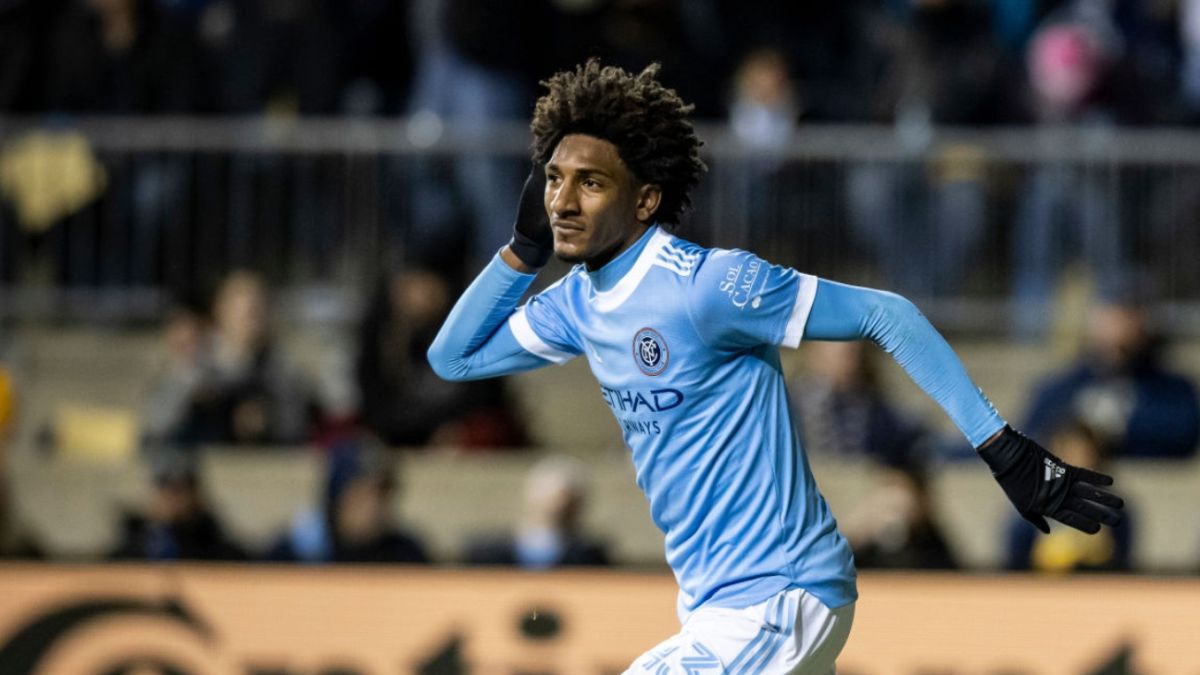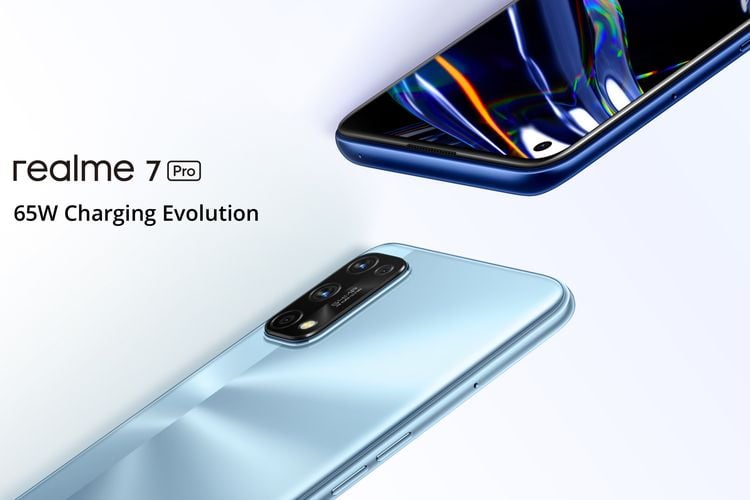Russia is on the way to a total control state: Kremlin leaders Wladimir Putin brings all media in Russia under state control. Last major act: Putin had a state company bring the Russian Facebook counterpart V-Kontakt (UK; 90 million users) under state control!
And as in other corporations that play an essential role in suppressing the freedom of the press in Russia, there is also a Kremlin corporation at work here, for which Germany’s ex-Chancellor Gerhard Schröder works: Gazprom!
► The Gazprom subsidiary Sogaz (insurance company) is taking over 45 percent of the UK parent company MF Technologies from billionaire Alisher Usmanov (resides on Lake Tegernsee, among others), as reported by several Russian media. The company (formerly Mail.ru) also includes other online, mail, web services.
The old VK boss resigned. The new boss is supposed to be Vladimir Kiriyenko. Kiriyenko has so far been one of the vice-bosses of the state-controlled telephone company Rostelecom. But above all he is: the son of Sergei Kirijenko, one of the bosses at the Putin court. Father Kiriyenko is the vice-head of Putin’s presidential administration.
98 percent of the Russian media are state controlled
Since other state-owned companies such as the high-tech and armaments company Rostec are among the main shareholders of the UK parent company, the Kremlin now holds the majority.
The financial subsidiary Gazproms, Gazprombank (Boss: Gazprom boss Alexei), has increased its stake in the UK parent company MF Technologies from 36 percent to 45 percent.
► The bank’s shares were transferred to Putin’s most important tool in suppressing freedom of the press and freedom of expression in Russia: Gazprom-Media, to which the Kremlin has for years incorporated independent radio stations and newspapers.
98 percent of the Russian media are now controlled by the state, state-affiliated companies, state banks or oligarchs affiliated with Putin.
Even the Internet itself is not only completely monitored by law. In the meantime, even technically in Russia, it is so under state control that the Kremlin can disconnect the entire country from the Internet at the push of a button. It was only in July that the Kremlin completely disconnected Russia from international Internet data traffic in a large-scale test.
▶ ︎ V-Kontakt is one of the most important alternative networks in Western Europe for neo-Nazis, extreme AfD groups and lateral thinkers. Many of you post unconstitutional content there, for which you have been blocked on Facebook, for example.
One of the chief lobbyists of Gazprom, who has now also taken control of Russia’s most important social network, is Germany’s ex-chancellor and ex-SPD leader Schröder. Schröder manages, among other things, the Nord Stream 2 Baltic Sea pipeline together with the former Stasi spy Matthias Warnig.
In Russian, “Schrederisazia” has been the name given to the Kremlin’s ability to lobby a foreign statesman as a lobbyist for years.
Massive influence on Russian media by Rosneft
At the oil giant Rosneft, Schröder is even chairman of the supervisory board. Rosneft is accused, among other things, of influencing the staffing of the editor-in-chief of the once independent newspaper “Wedemosti”. Several influential editors quit in protest against the censorship that followed at the newspaper. They founded the “VTimes” portal – the last independent portal to close this year – stamped by the state as a “foreign agent”.
► “news.ru” had a similar experience before. In April of this year, the apartment of investigative journalist Roman Anin was also searched and the journalist was briefly arrested. He had researched the fabulous fortune of Schröder and Rosneft boss Igor Sechin afterwards.
The Russia expert Esther Somfalvy (University of Bremen) summarized the system with which the Kremlin brings the media under control in a specialist article: “All the major television stations were already in government hands or the end of Vladimir Putin’s first term as president Gazprom Media, whereas control over print and online media was expanded more slowly and more subtly. ”
“With the wave of repression against the media, in which critical reporting was still largely possible up to now, the message is sent: Whether small media projects, purely online publications, media in exile or even individuals – no medium is so insignificant that its reporting escapes the Russian supervisory authorities” Somfalvy continues.
Your conclusion: “Control over media coverage is an essential tool among the Kremlin’s strategies for maintaining power.”
– .


